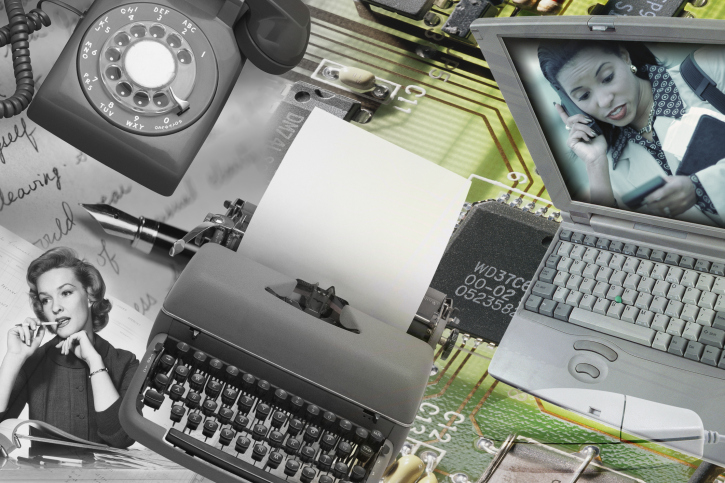
Different generations can learn from each other, says Dr Lynda Shaw
Mismanaging the contrasting work styles between different generations could lead to disaster. As a Cognitive Neuroscientist and Business Improvement Strategist, I believe that the Millennials (born early 1980s to early 2000s) in particular are being grossly mishandled.
Mishandling the different business styles between varying generations could result in a double disaster of both suffocating and then creating the dissonance of Millennials, who are far more in touch with emotion in business than previous generations.
The mentality between Baby Boomers (born between 1946 and 1964) and the Millennials couldn’t be more different. On the one hand, the Baby Boomers believe in strong traditional values, starting at the bottom and working their way up. Whilst growing up they have witnessed high unemployment figures and significant events such as the civil rights movement, the women’s liberation movement and the Cold War. When these events happen in our teenage years, the brain is pruning any neural pathways we have stimulated doing things that we are no longer interested in and are therefore now redundant. Brain energy is now focusing on the vital and consequently is in a state of flux. It is at this time that we become strongly influenced by our environment, which partly shaped baby boomer’s attitudes towards work and their aspirations. In short they were, and continue to be, idealists; they want to make a difference in what they do and they are proud to belong to a company.
Millennials, on the other hand, have had an entirely different set of stresses and inspirations – and some may argue more opportunities and resources. They live in a loud digital world where information is regularly shared, connections and responses are instantaneous, questions are frequently asked and support is given. They are programmed to move between companies if they are no longer learning and progressing. In business they expect to learn on the job whilst at the same time contributing effectively. They take life seriously partly because many have debt from further education and because they are focused on getting on the property ladder, which is much harder than in recent times. Refreshingly, although they want to progress their careers, they also realise there is much more to life. They are more in tune than ever with how people feel, and communicate many different ways. They score well in emotional intelligence, which needs to be nurtured by managers not squashed by old management styles.”
Businesses need to be concerned about managing a workforce with such different generational outlooks and ideas. In very general terms a younger person invariably works faster, but an older person will spend time talking to customers – essential for good customer service. It’s worth considering hiring all age groups and offering opportunities for them to play to their strengths.”
Clashes between generations can have a direct influence on the turnover of a business, but more crucially, on employee’s health. Stress and anxiety is detrimental to our health, with many turning to unhealthy habits such as smoking, over-eating and binge-drinking to compensate for their higher stress levels.
Whilst there will always be work-related pressure, it’s important that we collaboratively take steps towards improving and understanding generation differences to create a good working community. Mixing up teams and enabling both generations to learn from one another is a great starting point and can only help to strengthen and reinforce a more successful workforce.
Top tips for managing Millennials
Communicate
Millennials like to ask questions and require affirmation to know that they are on the right track. This will help them monitor their performance and know what needs attention in order to develop their skills.
Create a balance
Striking the right balance between life and work is crucial to Millennials, with many enjoying out-of-work activities and spending time with the family. Not working all hours does not make them bad employees or show lack of commitment – if anything, it gives them time to unwind will enable them to return to work more focused and refreshed.
Provide encouragement
Millennials are keen to advance and move up the ladder quickly. Investing time in their development will make them feel valued as well as gaining their loyalty to stay for the long term.
Utilise their tech skills
Born into a world of technology, Millennials are wired with a tech-savvy brain and can obtain information and get messages across through their vast social network – skills that can help save your business money and explore new ways in communicating with clients via different social media channels.
Have some fun
Creating some fun in the workspace will help employees wind down following a stressful project and feel rewarded for their hard work. People are generally more productive when they are happy. Encouraging fun in the workforce can help to boost company moral as well as generate greater involvement and creativity within the team.












